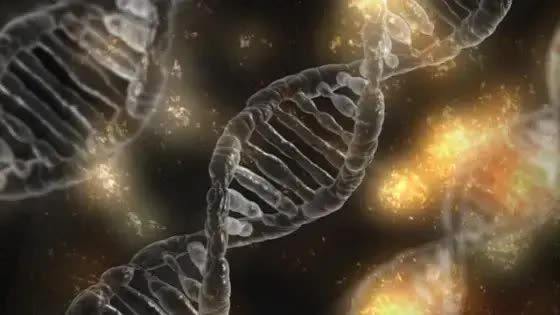

Human Gene editing – Good or Bad?
The question of whether human gene editing is good or bad is a complex and controversial topic that elicits differing opinions. To provide a balanced answer, we will explore both the potential benefits and ethical concerns associated with gene editing, supported by examples and references.
Advantages of human gene editing:
1. Treating genetic diseases: Gene editing technologies like CRISPR-Cas9 offer the potential to cure or alleviate genetic disorders by correcting disease-causing mutations. For instance, in 2017, scientists used CRISPR to successfully edit a faulty gene responsible for a hereditary heart condition in human embryos.
2. Preventing hereditary diseases: Gene editing could help prevent the transmission of genetic diseases from parents to their children. By editing germline cells (sperm, eggs, or embryos), genetic changes would be inherited by future generations, potentially eradicating certain diseases altogether.
3. Enhancing human health: Gene editing might enable the modification of genes associated with increased susceptibility to diseases like cancer, Alzheimer's, or HIV. By editing these genes, individuals could have a reduced risk of developing these conditions.
4. Agricultural improvements: Gene editing can be employed to enhance crop yield, improve nutritional content, and increase resistance to pests or diseases. For example, scientists have used CRISPR to develop blight-resistant wheat and disease-resistant pigs.
Ethical concerns surrounding human gene editing:
1. Safety and unintended consequences: Gene editing technologies are still relatively new, and their long-term effects on human health and the environment are not yet fully understood. There is a risk of off-target effects, where unintended changes occur in non-targeted genes, potentially leading to unforeseen health issues.
2. Germline editing and designer babies: Editing germline cells raises ethical concerns as it allows for heritable changes that affect future generations. This opens the door to the concept of "designer babies," where genetic enhancements could be made for non-medical purposes, leading to inequality and a shift towards a eugenic society.
3. Slippery slope: Some argue that allowing gene editing for medical purposes could lead to a slippery slope, with potential misuse for non-medical enhancements or cosmetic changes. Striking a balance between therapeutic interventions and ethical boundaries becomes crucial.
4. Socioeconomic disparities: If gene editing becomes a reality, there is a risk that it may only be accessible to those who can afford it, creating significant socioeconomic disparities and exacerbating existing inequalities.
While the potential benefits of human gene editing are promising, ethical considerations must be carefully addressed to ensure responsible and equitable use of these technologies. Public engagement, strict regulations, and international consensus are crucial to navigate the ethical landscape and maximize the benefits while minimizing the risks.
References:
1. Ma et al. (2017). Correction of a pathogenic gene mutation in human embryos. Nature, 548(7668), 413-419.
2. Cyranoski, D. (2015). CRISPR gene-editing tested in a person for the first time. Nature, 526(7573), 146-147.
3. Ledford, H. (2015). CRISPR, the disruptor. Nature, 522(7554), 20-24.
4. National Academy of Sciences and National Academy of Medicine. (2017). Human Genome Editing: Science, Ethics, and Governance.
Related Posts
© 2025 Invastor. All Rights Reserved

User Comments
Ezekiel Santiago
a year ago
That's a valid point, @Charles. The socio-economic implications are definitely a concern. It could exacerbate existing inequalities and lead to a society where some people are genetically privileged while others aren't.
Charles Johnson
a year ago
I'm a bit skeptical, to be honest. While the idea of eradicating genetic diseases is appealing, I worry about the potential for designer babies and creating a divide between those who can afford genetic enhancements and those who can't.
Michael Sturdevant
a year ago
I think the ethical considerations are massive here. On one hand, we could greatly improve the quality of life for individuals and families dealing with genetic disorders. But on the other hand, where do we draw the line? Could this technology be misused or lead to unintended consequences?
Carl Smith
a year ago
That's a fascinating topic, @Garry. I agree, the potential benefits are huge. Imagine being able to eliminate genetic diseases from the outset and give people a chance for a healthier life. But like you said, there's a fine line between advancing medicine and interfering with the natural course of life.
Garry Davis
a year ago
Hi to all! I posted this because I've been reading a lot about human gene editing lately, and I'm really torn. On one hand, it seems like it could cure genetic diseases and prevent a lot of suffering. But on the other hand, it feels like we're playing with nature in a way that could have unforeseen consequences. What do you all think about human gene editing – is it good or bad?